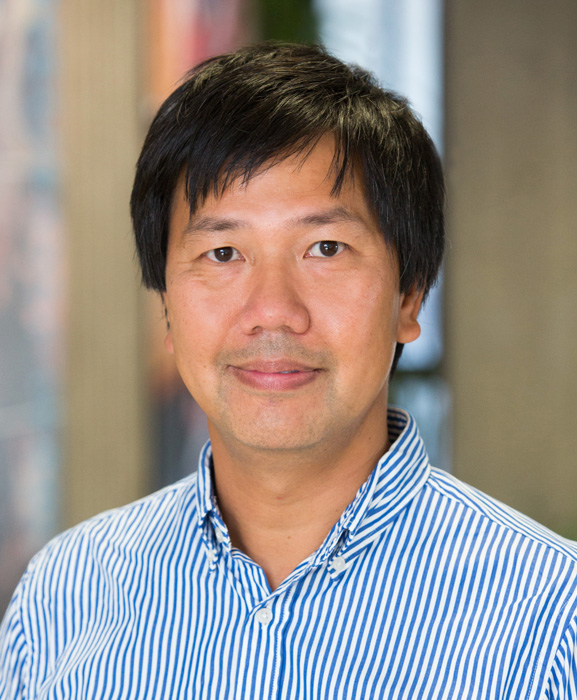Dementia casts a pall over the later life of many New Zealanders, including a growing number of our Māori and Pacific peoples. Currently irreversible, no silver bullet has emerged to treat dementia-related illnesses, despite significant efforts from a large stable of global researchers.
For clinicians like Dr Gary Cheung, at the University of Auckland, focus has partly shifted instead to helping people with dementia to live well with their conditions. Cognitive Stimulation Therapy (CST), an evidence-based psychosocial group treatment option, has buoyed scientists’ and families’ hopes. CST helps people with mild to moderate dementia cope with the loss of normal brain function.
“It offers a way for people to live well with dementia. It helps to improve their quality of life”, explains Dr Cheung.
Cognitive Stimulation Therapy (CST), an evidence-based psychosocial group treatment option, helps people with mild to moderate dementia cope with the loss of normal brain function.
How does it work? As the name implies, it’s stimulation rather than medication. Trained facilitators meet people with dementia in small groups twice weekly as part of a seven-week programme. Sessions include activities, discussions and social interactions that aim to engage and stimulate. Clinical trials have shown that CST improves participants’ lucidity and communications skills — and therefore their quality of life.
As part of his co-funded research, Dr Cheung wanted to adapt CST, which was originally developed in the UK, for a Māori and Pacific audience. “It lacked Māori and Pasific cultural content and values”, he explains.
So Dr Cheung and his research team created a Māori CST manual to train facilitators to deliver the therapy in a meaningful way to Māori with dementia...every one of CST’s key principles is now “embedded in kaupapa Māori”, which gives the therapy a true cultural richness.
So his research team created a Māori CST manual to train facilitators to deliver the therapy in a meaningful way to Māori with dementia. With help from pioneering health professional Amohaere Tangitu (Ngāti Awa), a strong advocate for culturally aware patient care, every one of CST’s key principles is now “embedded in kaupapa Māori”, which gives the therapy a true cultural richness.
“This is a huge step forward in ensuring the treatments work as well as it possibly can for everyone,” says Dr Cheung.
Similar work is occurring to adapt CST to Pacific needs. Whilst Dr Cheung’s team has not yet reviewed all the study’s results, feedback from facilitators has been positive and encouraging.
Dementia is becoming a greater threat to older Māori and Pacific peoples; hopefully these new culturally-tailored therapies can offer a brighter quality of life in the long shadow of dementia.
*This research was jointly funded by Ageing Well and Brain Research New Zealand
{Weaving Photo by AfriMod Studio on Unsplash}

